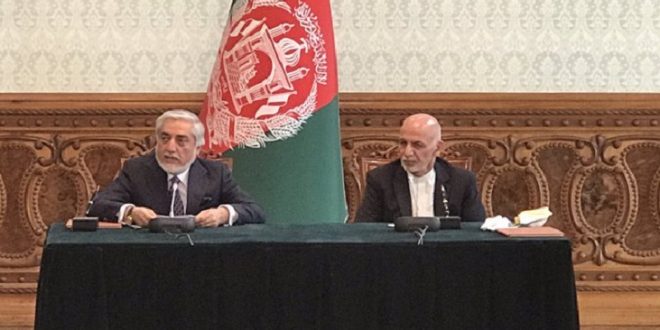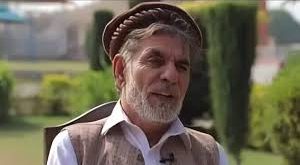The poor governance of President Ashraf Ghani brought him under harsh criticisms inside and outside Afghanistan. His administration is caught in deep corruption, mismanagement, and the main critical point is the selective treatment in government appointments. He has been lambasted by the Afghan parliament and politicians including the chairman of the high council for national reconciliation, Dr. Abdullah Abdullah who shares the cabinet formation with him as part of the power-sharing deal signed between the two after a longtime dispute on results of the presidential elections. Some former ministers of his cabinet claimed that Ghani was so aggressive and treated them with an awkward manner. Ghani seems enthusiastically interested in keeping acting ministers in positions. While some of the ministries and important government positions were administered by the acting in charge, he has recently dismissed a number of ministers who secured a vote of confidence, replacing them with new caretakers. The Ministry of Public Health, Ministry of Interior, Ministry of Women Affairs, Ministry of Education, Ministry of Rural Rehabilitation and Development, Ministry of Information and Culture, Ministry of Finance and the Afghanistan Bank are currently administered by acting heads. Such a hasty and meaningless decision of his administration made mainly in the presidential palace is indeed undermining the good governance values. He doesn’t treat the cabinet members equally. Some former members of his cabinet claim that Ghani doesn’t focus on the cabinet members’ activities but treat them based on personal relations. What Ghani really lacks is the virtue of leadership. He is more acting like a manager and in some cases as micromanager, than a leader. The dismissal and appointment in a short time puts its negative consequences on the government affairs in a variety of ways. It takes quite ample time for the new in charge to get familiar with the administrative affairs. The president made parallel departments to hold the authority from some of the government officials, who are placed in power by Abdullah. He mainly dominates the authority from the ministers in the Presidential Palace. To make a strong, coordinated and successful government, and to prevail some of the current challenges, Ghani should provide the ministers with their legal authority determined on the constitution. He should build trust among his cabinet members and focus to act as a leader not as a manager. Ghani needs to stay focused on his leadership because Afghanistan is currently at its crucial and historic time of its peace building that must not be missed.

 Afghanistan Times
Afghanistan Times



